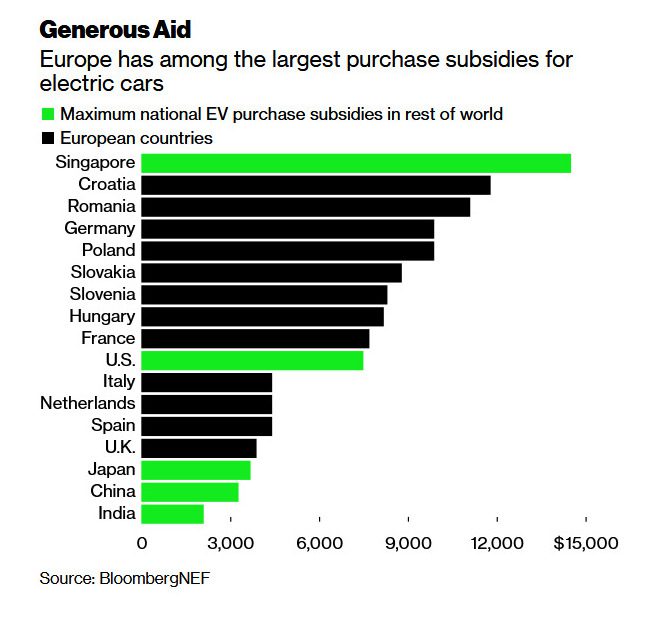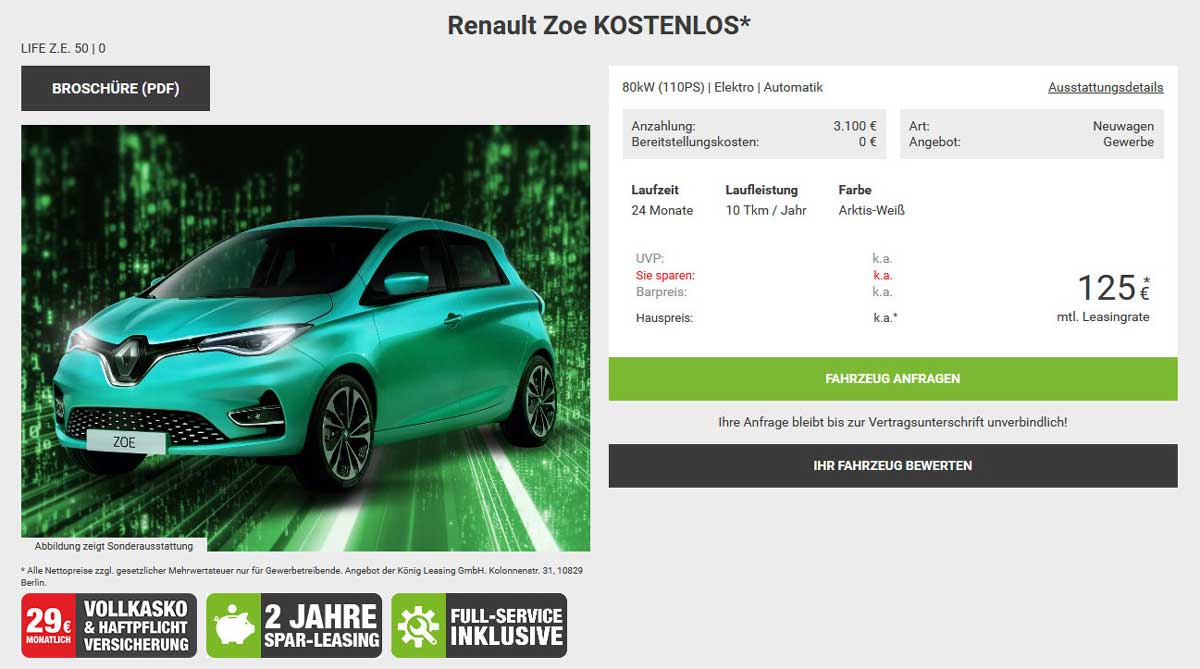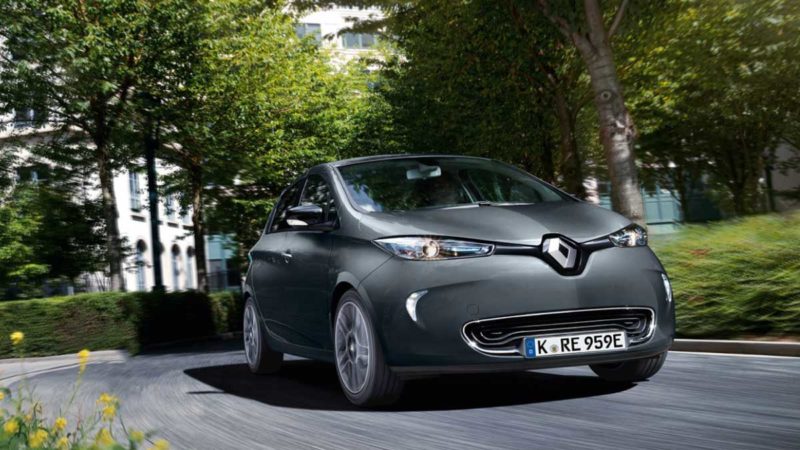The opportunity to get an electric car for less than your average hatchback, let alone for free, is one not many would skim over.
But in the case of the Renault Zoe, a small electric hatchback that in Australia comes with a 41kWh battery, offers up to 300km range and sells for $A49,990 before on-road costs, some drivers in Germany are now able to do exactly that – almost.
In Europe, countries such as Germany, France and the UK are offering generous incentives to encourage people to buy electric cars in a bid to improve air quality and reduce carbon emissions, cutting through the high premium demanded by electric cars due to the higher cost of batteries.
Germany, home of the internal combustion engine and also of the biggest vehicle emissions scandal of the decade, is embarking on a massive push to lead the way in Europe in the electric vehicle transition.
Not only is it injecting big state subsidies into a local EV battery industry, it also now offers one of the highest purchase subsidies towards electric cars.
It’s a far cry from what is expected from Australia’s national electric vehicle strategy, originally expected in mid-2021 but now pushed out to the year’s end by minister for energy and emissions reduction, Angus Taylor, who has flagged a local push for EVs will be underpinned mainly by charging infrastructure rollouts.

The upshot is that leases for electric cars in some European countries now cost less than paying for a mobile phone plan, and in the case of the Renault Zoe, it is practically free.
That is what is being offered in Germany by Autohaus Koenig – which is offering minimum two year leases for Renault Zoe where the cost is entirely covered by subsidies.

The down payment for the Zoe is covered with the original €3,000 environmental subsidy, plus a €100 ($A164) AVAS subsidy for a electric vehicles that have acoustic pedestrian alert systems, then the €125 monthly payment for the lease is covered by a new “innovation bonus” totalling €3,000 ($A4,906).
The deal is proving so popular that Wolfgang Huber, head of EV sales for the Autohaus Koenig in Berlin said that they’ve been run off their feet with enquiries.
“If we had more sales staff, we would have sold even more,” said Huber according to Bloomberg.
“We did expect an increase in sales with the subsidies, but this run really struck us.”

Bridie Schmidt is associate editor for The Driven, sister site of Renew Economy. She has been writing about electric vehicles since 2018, and has a keen interest in the role that zero-emissions transport has to play in sustainability. She has participated in podcasts such as Download This Show with Marc Fennell and Shirtloads of Science with Karl Kruszelnicki and is co-organiser of the Northern Rivers Electric Vehicle Forum. Bridie also owns a Tesla Model Y and has it available for hire on evee.com.au.

